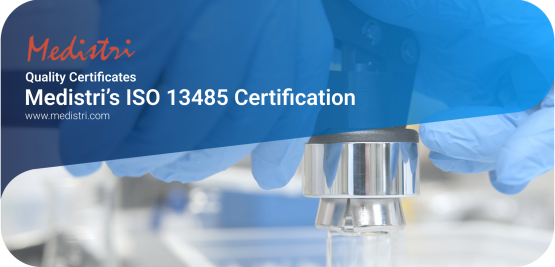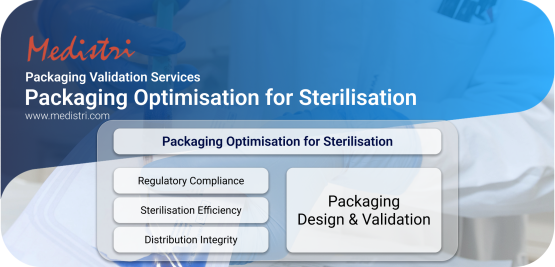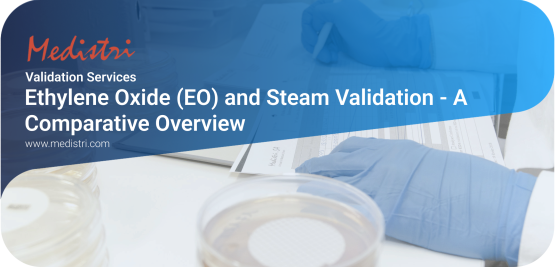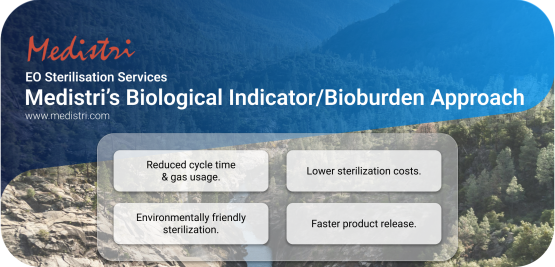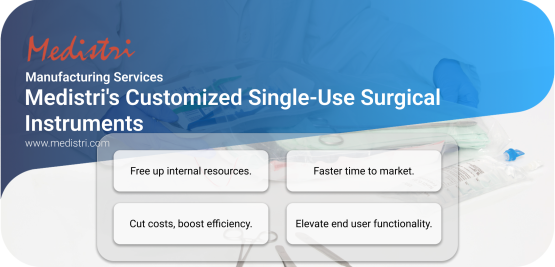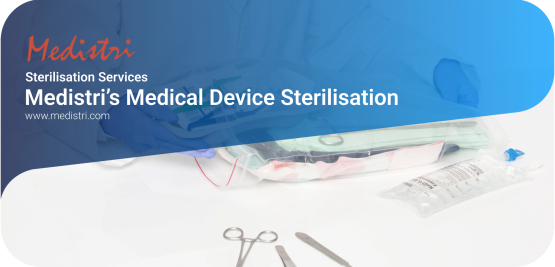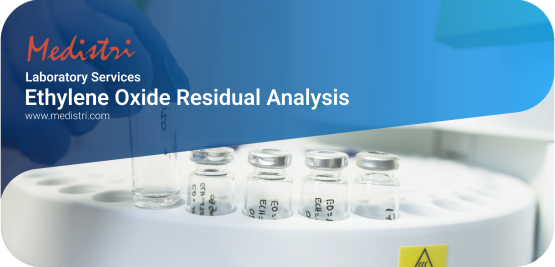Medistri Expands to Hungary: Strengthening Our Commitment to Healthcare
Medistri is proud to announce the opening of our new facility in Székesfehérvár, Hungary, marking a significant milestone in our mission to enhance global healthcare solutions.
Medistri’s ISO 13485 Certification
The implementation of a quality management system is a cornerstone for the development and delivery of safe, effective medical devices. ISO 13485 certification ensures that every aspect of the production process aligns with international standards for quality and safety. At Medistri, this certification reflects our commitment to supporting the medical device industry by maintaining the highest levels of precision and compliance in our processes, ensuring that patient safety is never compromised.
Packaging Optimisation for Sterilisation
The design of a medical device’s packaging is a critical component that should be addressed during the early stages of the product’s development phase. Packaging plays a vital role not only in maintaining the sterility of the medical device but also in ensuring its safe delivery from the manufacturing process to the point of use with patients. This makes it essential to consider packaging as a priority from the outset.
Ethylene Oxide (EO) and Steam Validation - A Comparative Overview
Sterilization validation is the process of ensuring that a sterilization method consistently achieves the desired level of sterility, as defined by international standards. This involves validating each parameter of the sterilization cycle—temperature, time, pressure, and for EO, gas concentration and humidity—ensuring that the sterilization process is effective, reproducible, and compliant.
Medistri’s Biological Indicator/Bioburden Approach
At Medistri, we are committed to creating sustainable solutions by focusing on scalable innovation. We aim to drive progress through new technologies, financial structures, and renewable energy deployment. In addition to our gas treatment technology, we have invested resources to offer a smarter alternative to the traditional sterilization methods. One of our key innovations is the "Biological Indicator/Bioburden Approach," a more efficient and environmentally friendly alternative to conventional sterilization.
Medistri's Customized Single-Use Surgical Instruments
Created for start-up companies and early-stage products, Medistri's manufacturing team can offer primary, secondary, and tertiary packaging solutions that fit your strategic & regulatory requirements.
Medistri's Medical Device Sterilisation
Medical Devices Sterilisation is essential to prevent infections and protect patient health. Adhering to standards like ISO 11135 for EO sterilisation ensures rigorous validation and controls, guaranteeing sterility and maintaining the highest levels of safety and reliability.
Medistri at Pharmapack 2025
Medistri is attending Pharmapack 2025 in Paris, France from January 22 to 23, hosting a booth to cater client meetings, showcase its services and answer all questions.
Streamline Your Operations with MyMedistri
Imagine having the ability to streamline your operations, gain real-time visibility, and collaborate with your global teams—all from one intuitive platform. MyMedistri is that solution, built to save time, reduce errors, and give you complete control over your operations.
Ethylene Oxide Residual Analysis
Ensuring patient safety is paramount when sterilizing medical devices. Among sterilization methods, ethylene oxide (EO) is widely used due to its compatibility with a broad range of materials. However, residuals such as ethylene oxide, ethylene chlorohydrin (ECH), and ethylene glycol (EG) can remain on the devices post-sterilization. These residues must be minimized to prevent harm during product use.


